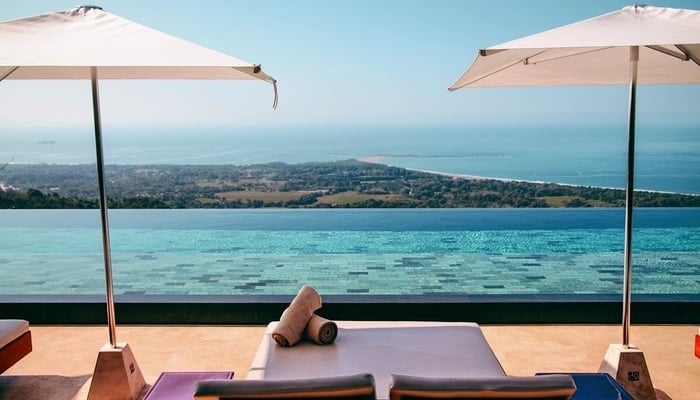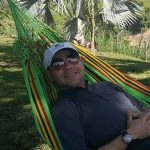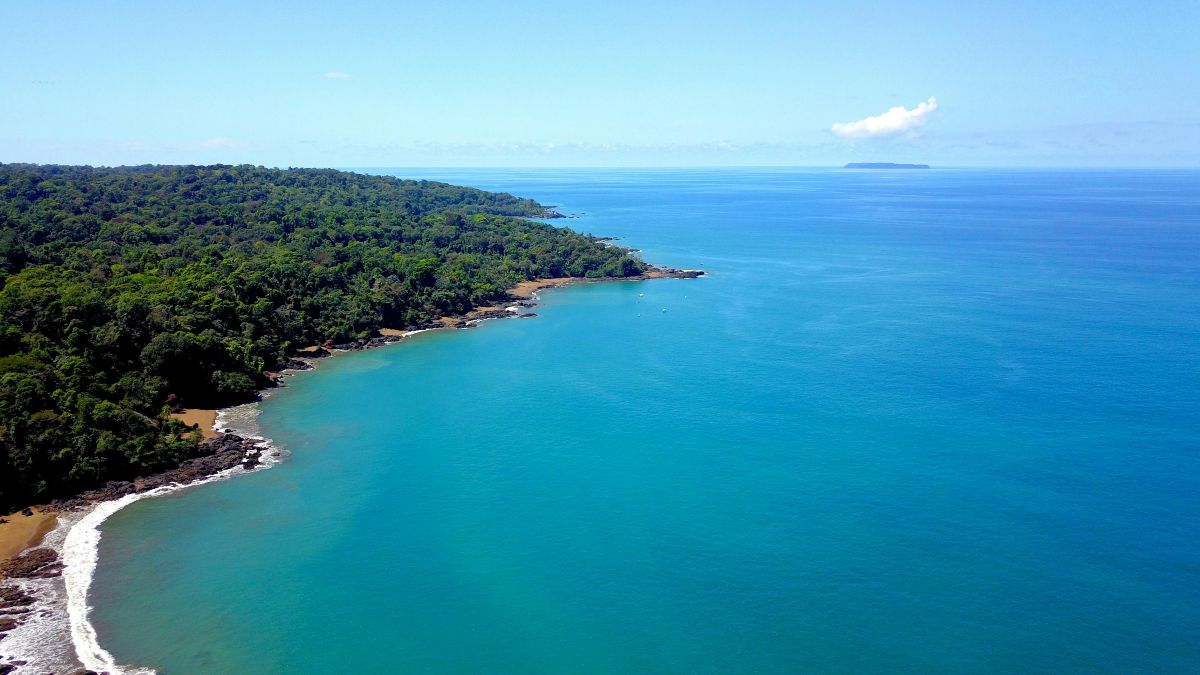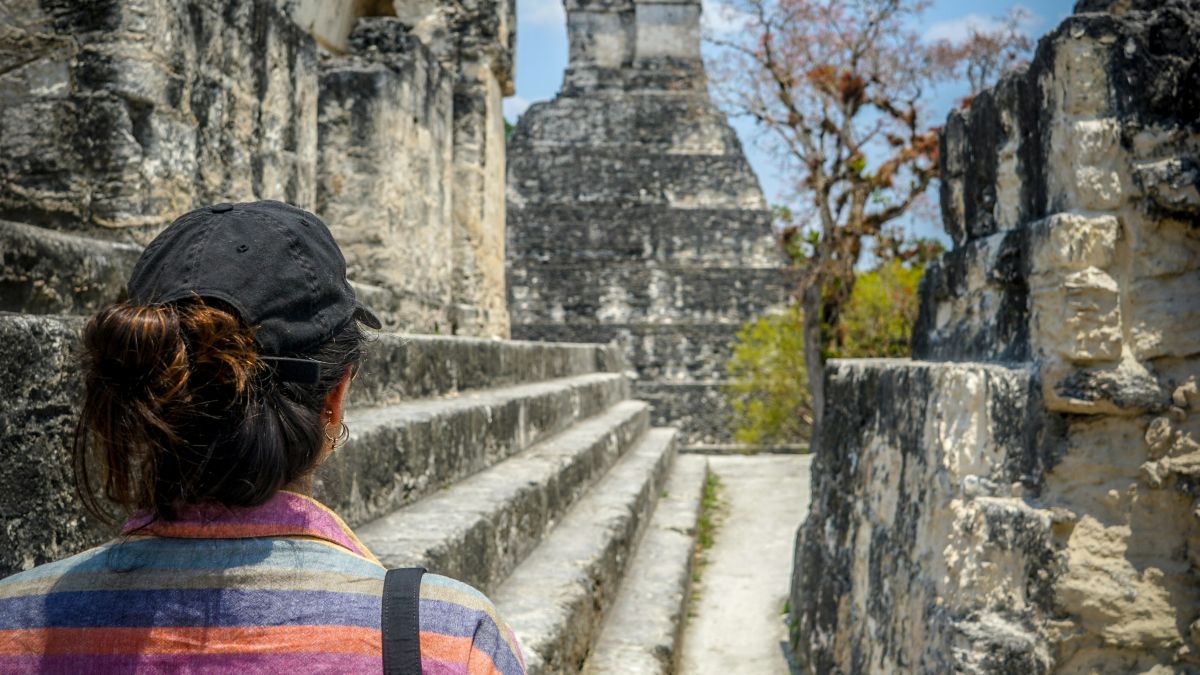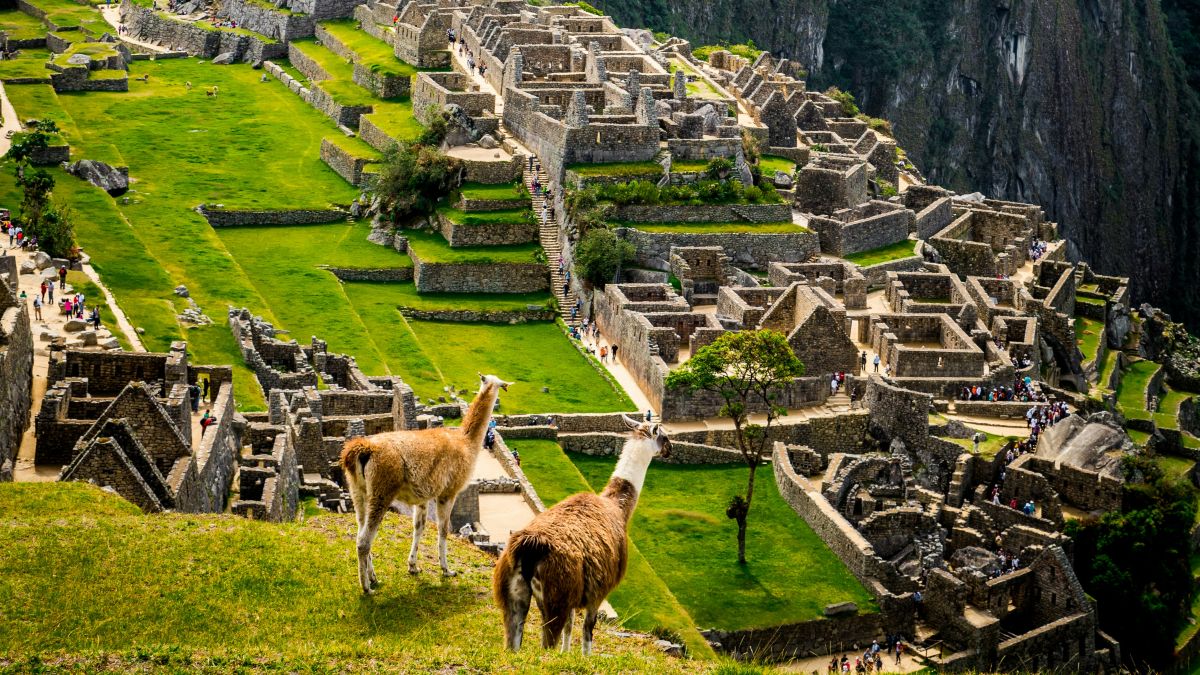Let’s Talk Tourism is a series of videos from Namu Travel Group founder and CEO Casey Halloran. In the videos, Casey talks to movers, shakers, and experts in Costa Rican (and Central American) tourism. His goal is determine the state of the industry during the current pandemic and beyond. In his latest episode, he talks Cayuga Collection’s president and co-founder Hans Pfister.
The Cayuga Collection is more than a simple hospitality company that manages hotels. It’s more of a lifestyle. The “Cayuga Way” represents a form of sustainable travel that epitomizes tourism in Costa Rica.
Founded in 1999, Cayuga currently manages seven hotels in Costa Rica, Panama, and Nicaragua.
Arenas del Mar in Manuel Antonio, Aguas Claras on the Caribbean coast, Kura in Uvita, Senda Monteverde, and San Jose’s Grano de Oro are among the very best hotels in Costa Rica. These places win awards.
A Cayuga-run hotel is instantly recognizable to me whenever I set foot in one. I spoke to my old friend Hans Pfister, Cayuga’s co-founder, to find out why that is and to gauge his thoughts on the future of Costa Rica tourism.
Below are the highlights of our conversation. We’ve outlined the essence of what we were talking about rather than providing an exact transcription. To see the whole thing, please watch the video below:
How many properties have you managed in total?
Right now we manage seven properties. At one point we had ten. I guess since 1999, we’ve managed some 20 or 25. That’s taught me quite a few lessons in 20 years.
How long have you worked in tourism?
Well, if you don’t count my bartending at high school, I started in 1991 with an apprenticeship at a 5-star hotel in Germany’s Black Forest. Then I studied hotel management at Cornell University in New York before coming to Costa Rica.
When did you realize tourism would become a career for you?
There was nothing in my family with tourism. I just always liked traveling. Also, I liked bartending, service, making people happy. All that came together to bring me into tourism and hotels. I felt passionate about that.
That’s why I ended up at Cornell studying hotel management. I met my wife there, who’s Costa Rican, and my business partner Andrea – also Costa Rican and ended up here. So those harsh winters up there paid off!
What’s changed in Costa Rica tourism since you’ve been here?
It’s become more of a business. Back when I started, it was more easy going, more pura vida. There were less people, everyone knew other, everything was familiar. But in recent years, the stakes got higher and it became more of a business. That’s not a bad thing, it’s created employment and opportunity. But things are more professional now.
Is it hard for you to take off your “Cayuga hat” while traveling? Do you critique hotels when you’re staying in a hotel?
I get asked that a lot and the answer is no. If I’m in one of my own hotels I’m always critiquing, seeing things, observing things. But if I’m traveling elsewhere, on vacation or whatever, I can switch off. I can enjoy the experience for what it is. That makes me a much better travel companion for my family and friends.
View this post on Instagram
So if you walk into a hotel you’re considering managing, what do you check out to see if it’s worth it?
The first think is location. That’s key. Then we look at the infrastructure of the hotel to see if there’s room for improvement. But the most important thing isn’t the hotel itself, it’s having a good relation with the owner.
We have to be aligned with the values of the owners of the hotels otherwise it won’t work. And they need to share our values too. We have such a specific focus on sustainability and luxury, and the owners need to share that focus so we click together. That’s when the magic happens.
What’s the Cayuga brand? How would someone know they’re in a Cayuga property?
What we’re trying to do bring luxury and sustainability together. You get luxury hotels and die-hard ecolodges and often they’re not the same places. We blend the two concepts together.
And we’re a people-focused company, a human company. The way people talk to you, welcome you, feel about working in the hotel. You can tell a Cayuga property that way.
In recent months we’ve had a lot of Costa Rican guests staying with us, people who never come to our hotels. They us how struck they are by the authenticity of our staff and the pride they have working in our hotels.
What are domestic tourists surprised about when they stay at a Cayuga property?
When the borders closed and we decided to open for the domestic market, I was skeptical. I didn’t think it would work but I got proven wrong.
Costa Rican travelers who’d usually vacation abroad had to stay in the country. They couldn’t leave Costa Rica and traveled around here instead. Many of them never realized that Costa Rica offered a level of hotel experience like we provide. We saw them hopping between our hotels as we reopened them.
On top of that, they were impressed with our health protocols and saw a consistency there and in our general service. It was interesting to see them rediscover tourism in their own country.
Tourism is a great economic accelerator for people. It’s a great way for people to start out somewhere and rise up to success. Do you have a favorite success story like that?
I have many but two stand out. One is about a construction worker at Arenas del Mar who started out laying brick and is now assistant operations manager there. He’s now the number two guy at one of Central America’s best boutique hotels.
Another story is about someone who walked into one of our lodges at 17 years old and asked for a job at reception. Ten years later she was general manager. There’s a bunch of stories like this, I could go on. These stories make me so happy and drive us here at Cayuga.
What I love is how our staff connect with our guests and you get drivers, guides, waiters, and so on all interconnecting with hedge fund managers and creating real, binding connections.
It comes natural to Costa Ricans but we’ve been able to export that model to our lodges in Nicaragua and Panama. We’ve taught our staff there to do the same thing.
View this post on Instagram
Are there any other parts of your business model or assumptions you’ve had to question during the pandemic?
I don’t see any radical changes. What worked for us before the pandemic has only become more important. I don’t see the pandemic as something that changes anything 100%, it just accelerates what we were already doing.
Experience are more important, getting away from it all, getting away from mass tourism destination is more important now. But we knew that before the pandemic and were already focusing on it before COVID.
Also as a company, we’ve become more efficient. That’s always a good thing.
Is becoming Cancun or Barcelona inevitable in any successful tourism destination?
I remember these discussions in the 90s. People back then worried about “becoming Cancun”. It never happened and still hasn’t happened.
A lot of it has to do with the things we always complain about in Costa Rica. These things in the end benefit our smaller tourism model. First, it’s expensive to do business in Costa Rica. That scares these big developers away, those who might otherwise come to build mass resorts and so on. There are cheaper places to build and operate a massive resort.
The other thing is our extensive bureaucracy. It’s hard to do business here. Again, that could put off these people who would go someplace easier and cheaper. Our bureaucracy helps drive conservation here because you really have to want it to come here and do tourism. For so many it’s not worth the expense and hoop jumping.
When you go back to Germany, how would your friends say Costa Rica changed you?
I don’t think it’s changed me. Maybe I’m more patient – dealing with all the bureaucracy we mentioned makes you that way! But other than that, I don’t know. No-one in Germany has said anything to me either way.
If you had the power to shape Costa Rica’s tourism future, if you could put in place a few things you’d seen elsewhere, what would you do?
I would focus on quality over quantity. Costa Rica’s a small county that provides incredible experiences. We don’t need to fill it up with cruise ships, all-inclusive hotels, and mass tourism. It’s not necessary.
I’d rather have ten tourists spending $1,000 than 100 tourists spending $10. I’d rather we create higher paying jobs with opportunities than hire people to simply clear plates. For a country like Costa Rica, that’s the only way to do it.
View this post on Instagram
Last question. What is pura vida?
Pura vida in Costa Rica is everything. It’s not only one thing.
Sometimes I walk in the forest or the beach and think to myself, wow this is pura vida. But it’s more than that. Pura vida is also when things aren’t going well. You can say pura vida as a form of resignation.
Pura vida is everything, it encompasses the whole package that is Costa Rica. Everything we speak about, the good the bad the ugly, is all pura vida.
It’s always great talking shop with Hans.
He’s a great friend and what he doesn’t know about improving hotels isn’t worth knowing. Anyone even thinking about getting into hospitality in this part of the world should give him a call.
I’m also impressed by how he’s pivoted Cayuga during this pandemic to focus on domestic tourism. His positivity there is amazing. As is his confidence that Cayuga’s pre-pandemic philosophy will see them through this.
I see Cayuga’s sustainable tourism philosophy as Costa Rica’s general model in microcosm. And like that model will help Cayuga survive, it’ll also help Costa Rica survive.
That’s it for now. See you soon for the next episode of Let’s Talk Tourism!
Related:
Let’s Talk Tourism! Casey Halloran and Colin Brownlee Talk Costa Rica Tourism
Let’s Talk Tourism! Casey Halloran and Jim Damalas Talk Costa Rica Tourism
Let’s Talk Tourism! Casey Halloran and Adam Baker Talk Costa Rica Tourism
Let’s Talk Tourism! Casey Halloran and Meni Mikowski Talk Costa Rica Tourism
Casey Halloran is the co-founder and CEO of the Namu Travel Group. He lives in San Jose, Costa Rica with his wife and children.
